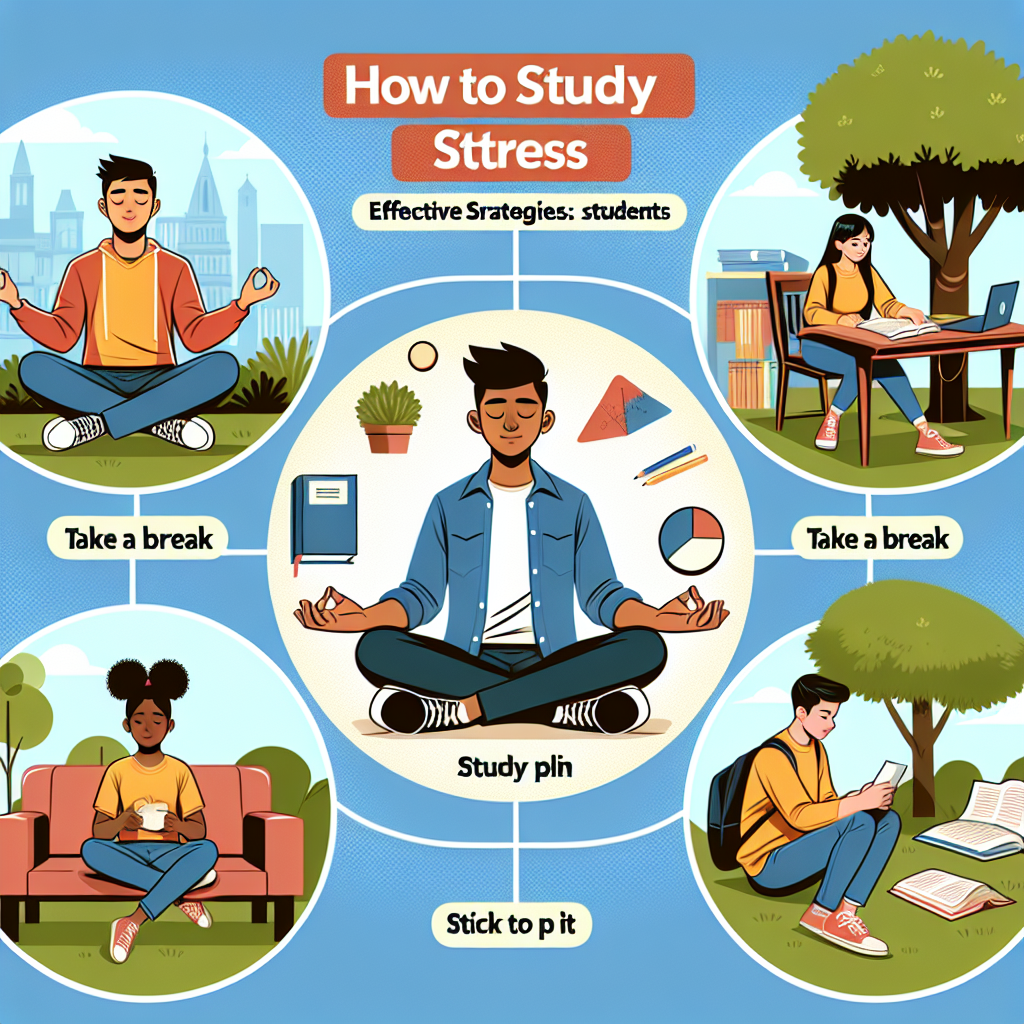Understanding Study Burnout and Why It Happens
Study burnout is a state of chronic stress and mental exhaustion caused by prolonged academic pressure. It manifests as a lack of motivation, difficulty concentrating, and a feeling of being overwhelmed by assignments and exams. Many students experience burnout when they push themselves relentlessly without integrating effective self-care or balanced routines into their daily lives.
Key signs of academic burnout include persistent fatigue, irritability, forgetfulness, and declining academic performance. Recognizing these symptoms early is crucial in preventing long-term consequences such as anxiety, depression, or dropping out of school.
Why a Healthy Routine Matters
A sustainable study routine is essential for maintaining mental clarity, productivity, and emotional well-being. When you develop habits that support both your academic goals and personal health, you set yourself up for long-term success. Implementing strategies that promote balance can help you stay energized and focused, reducing the risk of study fatigue and stress overload.
- Improved focus and memory retention
- Reduced risk of academic anxiety
- More efficient time management
- Greater sense of achievement
Step-by-Step Guide: How to Deal with Study Burnout Routine
1. Assess Your Current Habits
Start by reflecting on your current study schedule and habits. Are you pulling all-nighters or skipping meals to finish assignments? Identifying unhealthy patterns is the first step toward building a positive routine. Track your daily activities for a week to gain insight into when you feel most energized or overwhelmed.
2. Set Realistic Academic Goals
Break larger tasks into manageable milestones and set achievable deadlines. Instead of aiming to master an entire textbook in one week, plan to cover specific chapters each day. This strategy helps prevent cognitive overload and makes progress feel more attainable.
3. Prioritize Self-Care
Self-care is the foundation of a sustainable study routine. Incorporate activities that recharge you physically and mentally. Key practices include:
- Regular exercise (even short walks or stretching)
- Balanced nutrition (avoid excessive caffeine and sugar)
- Adequate sleep (7-9 hours per night)
- Mindfulness or meditation (to reduce stress and improve concentration)
Taking scheduled breaks throughout study sessions (like the Pomodoro technique) can also enhance productivity and prevent mental fatigue.
4. Create a Dedicated Study Environment
The right environment can significantly impact your concentration and motivation. Find a quiet, comfortable space free from distractions. Personalize your study area with motivational quotes, plants, or calming colors to boost your mood and encourage focus.
5. Use Time Management Tools
Leverage planners, calendars, or mobile apps to organize your assignments, exams, and personal commitments. Setting reminders and blocking out specific “study windows” ensures you maintain balance between academic duties and relaxation time.
- Weekly or monthly planners for big-picture planning
- Daily to-do lists for actionable steps
- Time-blocking for focused study periods
6. Connect with Support Networks
Burnout often feels isolating, but you’re not alone. Reach out to classmates, professors, or campus counseling services for guidance and encouragement. Study groups can provide accountability, share resources, and make learning more interactive.
Practical Strategies for Preventing Academic Burnout
- Practice gratitude: Keep a journal of small achievements and positive moments to foster resilience.
- Limit multitasking: Focus on one subject at a time to improve comprehension and memory.
- Incorporate creative activities: Drawing, music, or writing can offer a mental break and inspire motivation.
- Stay hydrated: Dehydration can worsen fatigue and decrease cognitive performance.
- Seek professional help if needed: If symptoms of burnout persist, consult a mental health professional for support.
Long-Term Benefits of a Balanced Study Routine
Committing to a healthy routine doesn’t just help you avoid academic burnout—it also cultivates life skills that extend beyond school. Improved time management, emotional resilience, and effective self-care practices contribute to overall well-being and future career success.
Remember, overcoming study burnout is a process. Be kind to yourself, celebrate progress, and adjust your routine as needed to meet your evolving needs.
Conclusion
Dealing with study burnout requires intentional effort and self-awareness. By building a routine that prioritizes rest, organization, and personal well-being, you can thrive academically while safeguarding your mental health. Start with small changes today, and you’ll soon notice the positive impact on your energy, motivation, and academic performance.

